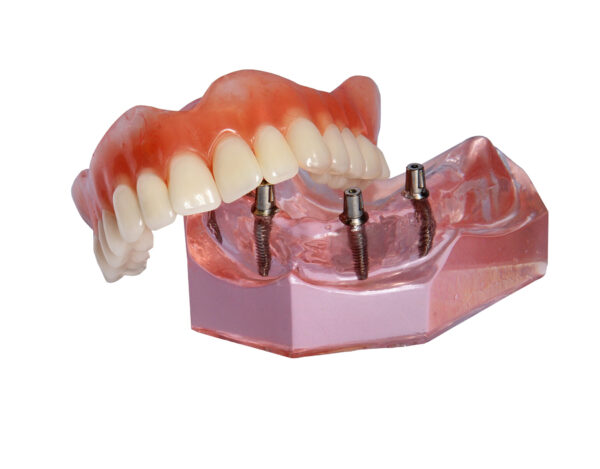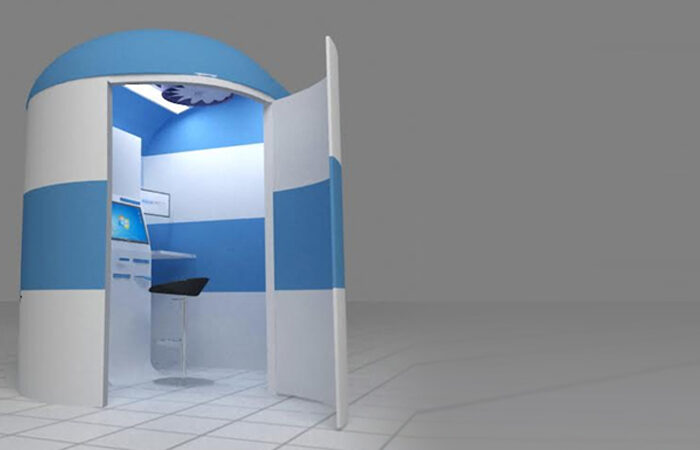Do you want to replace your lost teeth with dental implants? Any concerns with regard to standard vs. mini-implants?
There are several uses for dental implants, including replacing lost teeth, closing gaps in the mouth, and much more. We’ll provide you with information about both standard and mini-implants so you can make an informed decision about which is best for you.
Standard vs. Mini Dental Implants
Regular dental implants that resemble real teeth have become a popular alternative to dentures for cosmetic, comfort, and simplicity.
Standard and mini dental implants have many advantages over other tooth replacement options. They successfully restore your smile since they appear and perform similarly to – if not better than – natural teeth and give a high degree of long-term functionality.
However, which is the preferable option if you’ve lost a tooth? We’ll examine the differences and similarities between normal dental implants and mini dental implants so you can make an informed decision.
Similarities Between Standard Implants and Mini Implants
Traditional dental implants and mini dental implants have a lot in common.
An implanted titanium post is surgically inserted into the gum to hold a prosthetic tooth. Titanium is a strong but light metal safe for the human body and does not cause an immune response. The titanium rod becomes a permanent anchor in your jaw, operating as a replacement tooth root that surpasses ordinary dentures.
In contrast to conventional dentures, which may induce bone loss due to the absence of a tooth root. This aids in the maintenance of your face structure – as well as your smile.
In addition to restoring your smile and self-esteem, conventional dental implants and mini-implants provide the following benefits:
- Provide a far more powerful bite than regular dentures.
- May help to stabilize neighboring natural teeth.
- Proper maintenance may extend its lifespan to many decades.
What Makes Mini Dental Implants Different?
When standard dental implants are unable to give an effective tooth replacement option, mini dental implants may be used due to their tiny stature. Implants with a diameter of between 3.25 and 5 mm are considered standard, while mini-implants are smaller than 3mm in diameter.
In terms of quality, mini dental implants are not the same as conventional dental implants. Usually, a dental implant is made up of a titanium post and an abutment that holds the prosthetic tooth in place. O-rings hold the ball-shaped end of the tiny version in place on the jaw bone.
Advantages of Mini Dental Implants
Standard-sized dental implants are not suited for everyone. Mini implants were created in a bid to overcome the problems associated with standard implant procedures. Due to their small size and ability to fit into small spaces, mini-implants are often used to replace little teeth, such as incisors and premolars.
Mini implants are also an option if you have a medical problem that prevents you from receiving standard-sized implants.
When determining if conventional implants are the best option for you, your dentist will consider several factors, including how well an implant fuses with the jaw bone and how fast your mouth heals.
Two of these concerns are your medical history and your general health status. Mini implants may be a better option for the following medical conditions:
- Abnormalities in the connective tissues
- Serious deficiencies in the immune system
- Uncontrolled Diabetes
- Hemophilia; a blood clotting disorder
Small implants may help you avoid the need for a bone transplant – and the surgery that goes with it – that would be required with regular implants if you have a deficiency of bone in your jaw.
Compared to standard-size implants, mini-implants are more practical since they do not need as much jaw bone as implants of the same size.
Are You Ready to Make a Change?
If you’ve lost a tooth or several teeth, a trained dental implant dentist can help you choose the finest implant for your situation.
New Smile Dental is always delighted to provide experienced advice on the best dental implant type for your needs and to help you regain your smile.
Conclusion
When it comes to dental implants, regular implants and mini-implants each have their perks and downsides. The state of your mouth decides whether an implant is right for you and which kind is best. You should consult a competent implant dentist to establish whether you are fit for dental implants and which kind would be most helpful.




